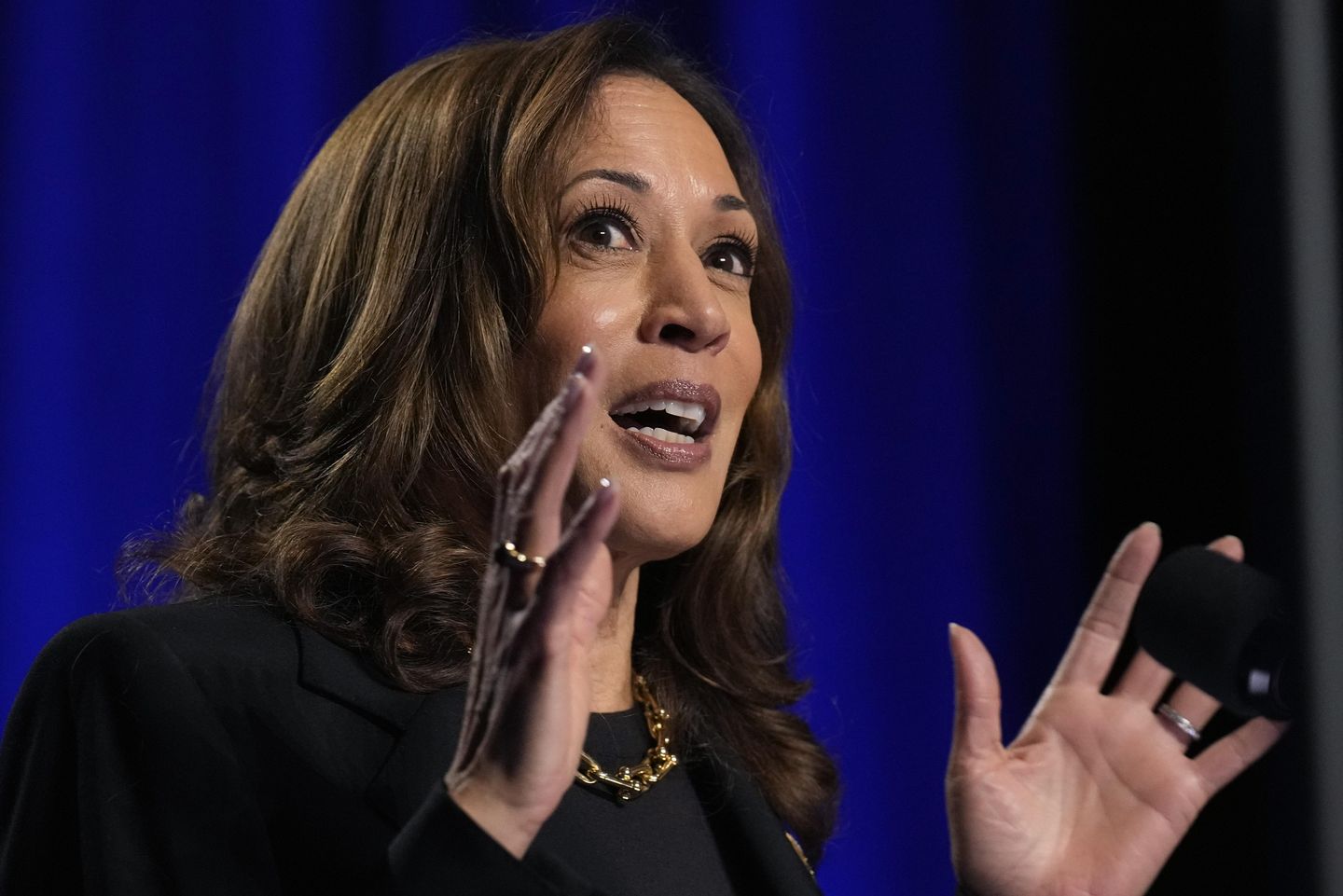The Vice President of the United States, Kamala Harris, found herself in hot water after quoting from the Bible during a recent speech. Politicians quoting scripture is nothing new, but it seems that every time it happens, controversy follows. In this case, Harris faced backlash for her choice of biblical passage and how she applied it to current political issues.
During a speech addressing the importance of voting rights, Harris referenced a passage from the book of Galatians in the New Testament. She quoted, “Do not be deceived: God cannot be mocked. A man reaps what he sows.” Harris used this verse to emphasize the idea that individuals must take responsibility for their actions, and that there are consequences for those who try to deceive or manipulate others.
However, Harris’s use of this biblical passage sparked outrage among some conservative religious groups. They accused her of cherry-picking scripture to fit her political agenda, and of using religion as a tool to push her own beliefs onto the American people. Critics argued that Harris was misinterpreting the verse, and that it was not meant to be applied in a political context.
The controversy surrounding Harris’s use of the Bible in her speech quickly spread across social media and news outlets. Some praised her for incorporating religious language into her message, while others condemned her for what they saw as a misguided and inappropriate use of scripture. The debate over the separation of church and state reared its head once again, with many questioning whether politicians should be referencing religious texts in their public speeches at all.
As the backlash continued to grow, Harris issued a statement defending her use of the Bible in her speech. She explained that her intention was to inspire and motivate people to take action in support of voting rights, and that she believed the message of personal responsibility and accountability was an important one to convey. Harris emphasized that she respects the diverse beliefs of all Americans, and that her use of scripture was meant to be inclusive rather than exclusive.
Despite Harris’s attempts to clarify her intentions, the controversy surrounding her use of the Bible in her speech did not die down. Critics continued to accuse her of using religion as a political tool, and of trying to manipulate public opinion through the misrepresentation of scripture. Some even went so far as to call for her resignation, arguing that her actions were a violation of the separation of church and state.
The debate over the role of religion in politics is not a new one, and it is unlikely to be resolved anytime soon. In a country as diverse and divided as the United States, the intersection of faith and politics is a complex and contentious issue. Politicians walk a fine line when it comes to referencing religious texts in their speeches, as they risk alienating certain groups while trying to appeal to others.
Kamala Harris is not the first politician to face backlash for quoting from the Bible, and she likely will not be the last. The use of religious language in political discourse is a powerful tool, but it is also a dangerous one. It can inspire and unite people, but it can also divide and alienate them. As the debate over the separation of church and state continues, politicians like Harris will have to tread carefully when incorporating religious language into their speeches.
In the end, the controversy surrounding Kamala Harris’s use of the Bible in her speech serves as a reminder of the complex and contentious nature of the intersection of faith and politics. It highlights the challenges that politicians face when trying to appeal to a diverse and divided electorate, and the risks they take when using religious language to convey their message. Whether Harris’s use of scripture was appropriate or not is a matter of debate, but one thing is clear: the debate over the role of religion in politics is far from over.









